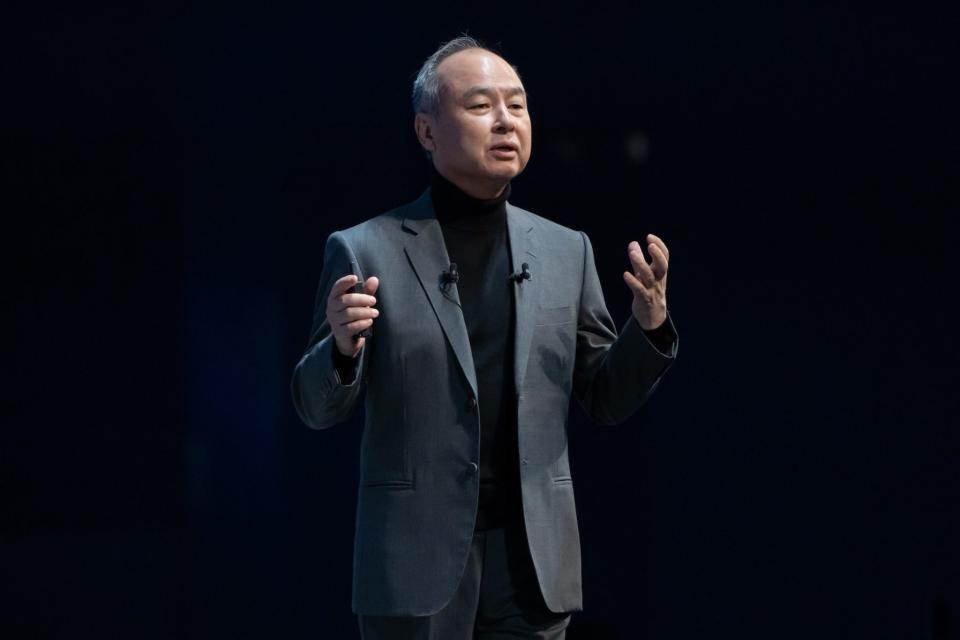Imagine selling your Nvidia stake, now worth $160 billion, 5 years ago: One tech investor rues the deal of a lifetime slipping through his fingers as ‘the fish that got away’

If you rue missing out on the monster rally in Nvidia shares, know that you’re in good company. Even the savviest of tech investors can get it all wrong.
Masayoshi Son, founder of the legendary SoftBank Vision Fund, missed out on his biggest deal ever even though it was directly within his grasp.
Japan’s wealthiest man owned 5% of the chip vendor behind the AI revolution, a position currently worth about $160 billion. Instead he dumped the entire stake more than five years ago, when it was worth less than $4 billion, after a perilous drop in the stock threatened his fund’s performance.
“I had to tearfully sell the shares,” Son told SoftBank shareholders today at the firm’s annual meeting, according to remarks cited by the Wall Street Journal. “The fish that got away was big."
Had he held on, it would be more valuable than his prescient investment in Alibaba, in which his holding company, SoftBank, was at one point the largest shareholder.
Son is best known for being an early investor in Jack Ma’s Chinese e-commerce platform, when SoftBank poured $20 million into Alibaba in 2000. The value of its stake eventually reached $60 billion when the Amazon rival went public in 2014, the largest IPO in history until that of Saudi Aramco.
Son parlayed that success into his next endeavor—the creation three years later of SoftBank’s Vision Fund. Until then, no one had ever had the audacity to raise $100 billion for a single investment vehicle that would deploy its capital in disruptive technology.
Armed with this unprecedented firepower, the fund made billion-dollar bets in ride-hailing leader Uber, enterprise software provider Slack, and, less successfully, office-sharing company WeWork.
One of those firms it bought into straightaway was Nvidia, which had been minting money at the time, selling graphics cards to crypto miners up until a prolonged “hangover,” as CEO Jensen Huang described it. The sentiment swing led to a brutal 50% drawdown in value in the space of four months, and Son ended up selling his shares in what would turn out to be a premature decision.
In February 2019, SoftBank revealed it had exited its position entirely when it was worth around $3.6 billion. Had Son held on, he would have made far more money for SoftBank and its Vision Fund investors than he ever did with Amazon.
“It’s frustrating to remember the ones that I missed,” Son conceded.
To make good, the SoftBank founder is working on a new $100 billion fund for artificial superintelligence (ASI) named after the Shinto god of creation Izanagi. Asked about the plans, Son declined to go into details but promised it would be as grand as the name implied and even suggested it was why he was put on this earth.
Referring to himself in the third person, he said: “I seriously believe the reason why Masayoshi Son was born is to make ASI come true.”
This story was originally featured on Fortune.com

 Yahoo Finance
Yahoo Finance 